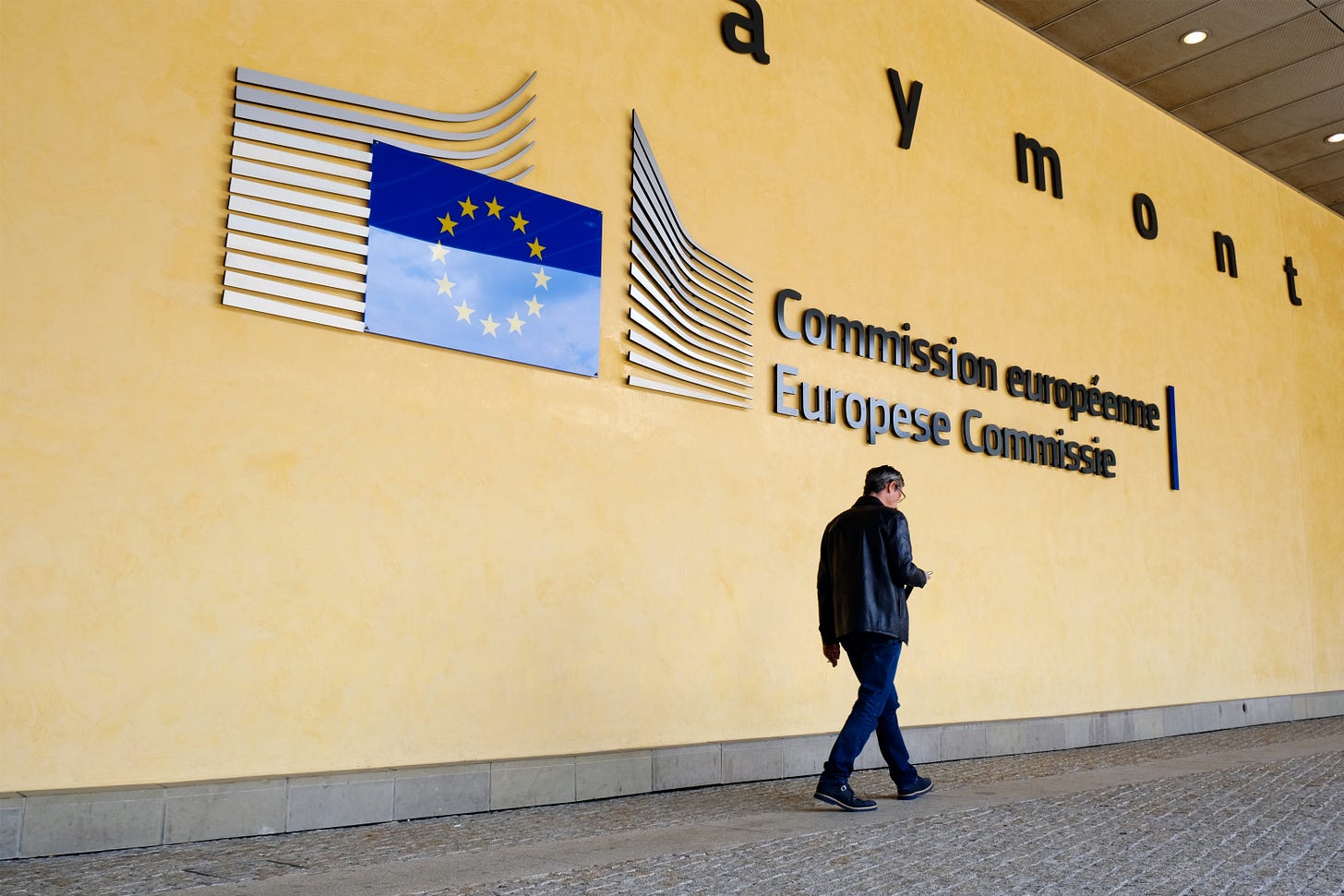In recent weeks the European Union has moved forward on two major pieces of data governance legislation with implications for the wider development community. Legislators reached a deal last week on the Data Governance Act to facilitate responsible data sharing. And on Monday, the European Commission published the results of a public consultation on the proposed Data Act showing broad support for compulsory data sharing between governments and private businesses. These are positive steps toward building a fairer economy in which the benefits from data are shared equitably in society that could also open the door to similar legislative initiatives worldwide.
The Data Governance Act seeks to balance expanded use and control of data by defining rules for (1) the public sector to share data over which individuals or organizations have pre-existing rights (such as intellectual property), (2) people to voluntarily share their data for the public good, and (3) data intermediation services through which companies and individuals can confidently share data. This legislation also introduces the idea of “data altruism,” defined as “data that is made available without reward for purely non-commercial usage that benefits communities or society at large.” It also sets up a mechanism for not-for-profit agencies to register as “data altruism organizations” by adhering to transparency requirements and safeguarding individual and businesses rights.
Enabling individuals and organizations to share data altruistically could help civil society organizations and NGOs access more and better information to address societal challenges, including in the context of the Sustainable Development Goals. Data donated by individuals and organizations, for instance, could help develop new treatments for rare diseases or build support for policies that seek to address racial and gender discrimination.
That said, it’s still unclear whether the proposed rules would actually lead to increased data sharing. Until now, data sharing agreements have largely been motivated by market activities; data holders are accustomed to receiving something in return for sharing their data. In the absence of a shift in culture or incentives, simply creating the opportunity for greater data sharing won’t necessarily create buy-in to the idea of data altruism or any consequent surge in data sharing for public good.
Nonetheless, newly-published results of the European Commission’s open consultation on a separate measure show broad support for data sharing for public good. The Data Act proposes rules for compulsory data sharing between businesses and governments by defining a list of purposes/policy areas in which companies would be compelled to share their data with the public sector (while including safeguards to protect privacy and competition). The results of the public consultation released this week show that a majority of public authorities and researchers (91 and 80 percent, respectively) and 38 percent of private sector respondents support increased data sharing for the public interest. Respondents also approved of including environmental protection (59 percent) and emergency/crisis responses (57 percent) among the policy areas that compel data sharing. The vast majority—90 percent—of respondents from the public sphere also support gaining access to privately held data in the context of official statistics.
These results are in line with what has emerged from partnerships and data sharing initiatives established by multilateral organizations, NGOs, and other development actors with governments in low- and middle-income countries. Consultations as part of the Data Values Project have shown that public authorities (and especially statistics offices) want more direct and stronger access to privately held data. Legislation like what’s proposed in Europe offers a means to address these needs. I expect to see a surge of such measures in the coming years aimed at unlocking access to privately held data. Such data sharing legislation, when it includes protections for privacy and other safeguards, holds enormous promise for expanding access to data with potential to develop policies and interventions that address public needs.





